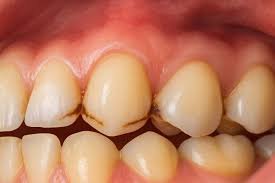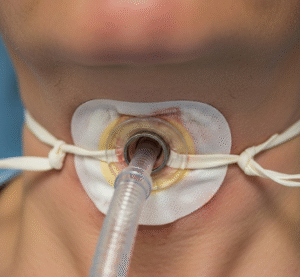Overview
Digestive disorders encompass a wide range of conditions affecting the stomach, intestines, liver, gallbladder, and pancreas. They can range from mild discomfort, such as indigestion, to severe diseases like inflammatory bowel disease or liver cirrhosis. In Korea, the combination of advanced gastroenterology centers, endoscopic technologies, and comprehensive treatment programs ensures effective diagnosis and management of digestive disorders for patients of all ages.
What is Digestive Disorders?
Digestive disorders refer to any condition that impairs the normal function of the gastrointestinal (GI) tract. These disorders can affect digestion, absorption of nutrients, bowel movements, and the overall health of the digestive organs. Common types include acid reflux, gastritis, irritable bowel syndrome (IBS), Crohn’s disease, ulcerative colitis, liver diseases, and pancreatitis.
Symptoms
- Abdominal pain or cramping
- Bloating and gas
- Nausea and vomiting
- Diarrhea or constipation
- Heartburn or acid reflux
- Unexplained weight loss
- Fatigue and weakness
- Blood in stool or vomit (in severe cases)
Causes
- Poor diet high in fat and low in fiber
- Infections (bacterial, viral, or parasitic)
- Chronic conditions like diabetes or autoimmune diseases
- Excessive alcohol consumption
- Stress and lifestyle factors
- Genetic predisposition for certain diseases
Risk Factors
- Age over 50 for certain digestive conditions (e.g., colorectal cancer)
- Family history of digestive diseases
- Obesity and metabolic syndrome
- Smoking and alcohol use
- Long-term use of NSAIDs or other medications affecting the GI tract
Complications
- Chronic pain and discomfort
- Nutritional deficiencies due to malabsorption
- Gastrointestinal bleeding or ulcers
- Strictures or obstruction in intestines
- Liver failure or cirrhosis (for severe liver disease)
- Increased risk of colorectal or other GI cancers
Prevention
- Maintain a healthy, balanced diet with adequate fiber
- Avoid excessive alcohol and smoking
- Regular physical activity to improve digestion
- Routine screenings (colonoscopy, endoscopy) especially for high-risk individuals
- Manage stress and chronic conditions effectively
- Timely vaccination against hepatitis viruses
Treatment Options in Korea
Diagnosis
- Endoscopy and colonoscopy for direct visualization
- Ultrasound, CT, and MRI scans for liver, pancreas, and abdominal evaluation
- Laboratory tests for liver function, infection, and nutrient deficiencies
- Breath tests and stool analysis for infections or malabsorption
Medical Treatments
- Medications for acid reflux, ulcers, and inflammation
- Antibiotics for bacterial infections
- Probiotics for gut microbiome balance
- Enzyme supplements for pancreatic insufficiency
- Immunosuppressive drugs for inflammatory bowel diseases
Surgical or Advanced Therapies
- Laparoscopic surgery for gallstones, appendicitis, or bowel obstruction
- Liver transplantation for end-stage liver disease
- Endoscopic procedures for polyp removal, bleeding control, or strictures
- Minimally invasive interventions for pancreatic or biliary disorders
Rehabilitation and Support
- Nutritional counseling for digestive health
- Lifestyle and diet modification programs
- Psychological support for stress-related digestive disorders
- Long-term monitoring for chronic digestive diseases













